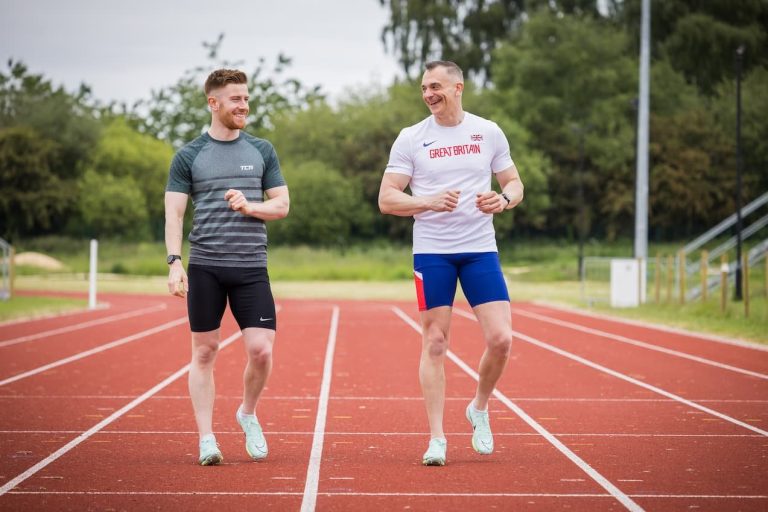- 3470 Wilshire Blvd, Floor 9, Los Angeles, California, 90010, USA
- [email protected]
Heat, Hustle, and Habits: 6 Coaches on Why Summer Training Sets Runners Apart

Summer training is a cornerstone of athletic development, offering a unique opportunity to build endurance, refine technique, and prepare mentally for upcoming competitions. Insights from experienced running coaches underscore the importance of this season in a runner’s annual cycle.
1. Embrace Consistency Over Intensity

Coach John O’Malley emphasizes that summer is the ideal time to focus on consistent, manageable workouts. Rather than pushing for peak performances, he advocates for building a strong aerobic base through regular, moderate-intensity runs. This approach lays the groundwork for more intense training phases later in the year.
2. Adapt to the Heat

Running in high temperatures requires adjustments. Coaches recommend scheduling runs during cooler parts of the day, such as early morning or late evening. Hydration becomes crucial; consuming fluids before, during, and after runs helps maintain performance and prevent heat-related issues.
3. Develop Mental Resilience

Summer training isn’t just about physical preparation; it’s also a time to strengthen mental fortitude. Facing challenging conditions, like heat and humidity, teaches runners to push through discomfort and stay focused, skills that are invaluable during races.
4. Incorporate Strength and Stability Work

Integrating strength training into summer routines helps improve overall performance and reduce injury risk. Coaches suggest exercises targeting core stability, leg strength, and flexibility to complement running workouts.
5. Fine-Tune Technique and Form

With fewer races during the summer, it’s an opportune time to focus on running mechanics. Working with a coach to analyze and adjust form can lead to more efficient movement patterns, enhancing speed and reducing strain on the body.
6. Utilize Expert Resources

Collaborating with knowledgeable advisors can elevate a runner’s training. For instance, Windfall Run Shop offers personalized guidance on gear selection, training plans, and injury prevention strategies, supporting runners in achieving their goals.
In summary, summer training serves as a foundational period for runners, emphasizing consistency, adaptability, mental toughness, and technical refinement. Engaging with experienced coaches and utilizing expert resources can maximize the benefits of this critical season.
